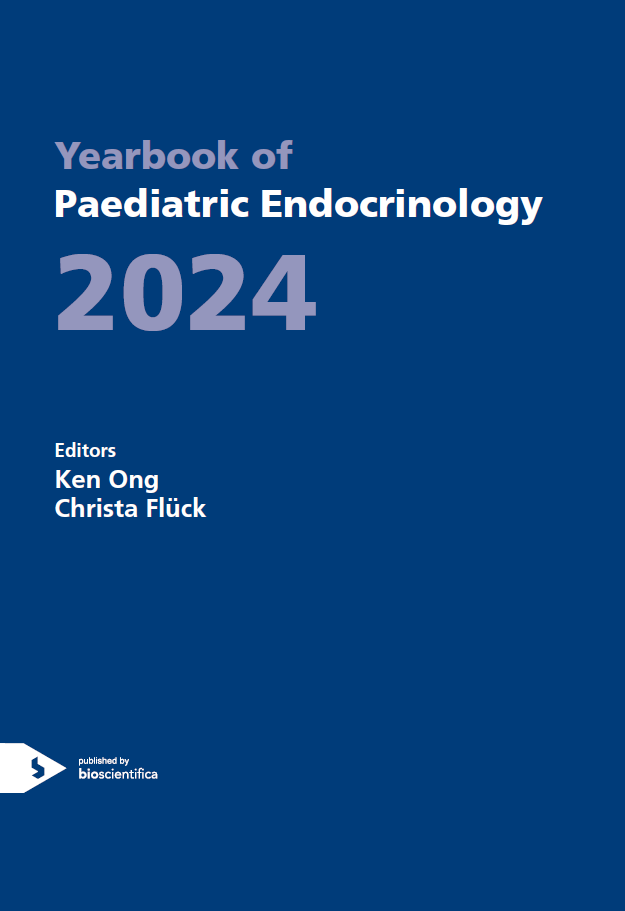15. Editors’ Choice
New Paradigms
ey0021.15-13 | New Paradigms | ESPEYB21
15.13. Safety of low weight gain or weight loss in pregnancies with class 1, 2, and 3 obesity: a population-based cohort study
K Johansson , LM Bodnar , O Stephansson , B Abrams , JA. Hutcheon
ey0021.15-14 | New Paradigms | ESPEYB21
15.14. Continuous glucose monitoring and intrapersonal variability in fasting glucose
S Shilo , A Keshet , H Rossman , A Godneva , Y Talmor-Barkan , Y Aviv , E. Segal
ey0021.15-15 | New Paradigms | ESPEYB21
15.15. Genetic drivers of heterogeneity in type 2 diabetes pathophysiology
K Suzuki , K Hatzikotoulas , L Southam , et al.
ey0021.15-16 | New Paradigms | ESPEYB21
15.16. Causality-enriched epigenetic age uncouples damage and adaptation
K Ying , H Liu , AE Tarkhov , MC Sadler , AT Lu , M Moqri , S Horvath , Z Kutalik , X Shen , VN. Gladyshev




